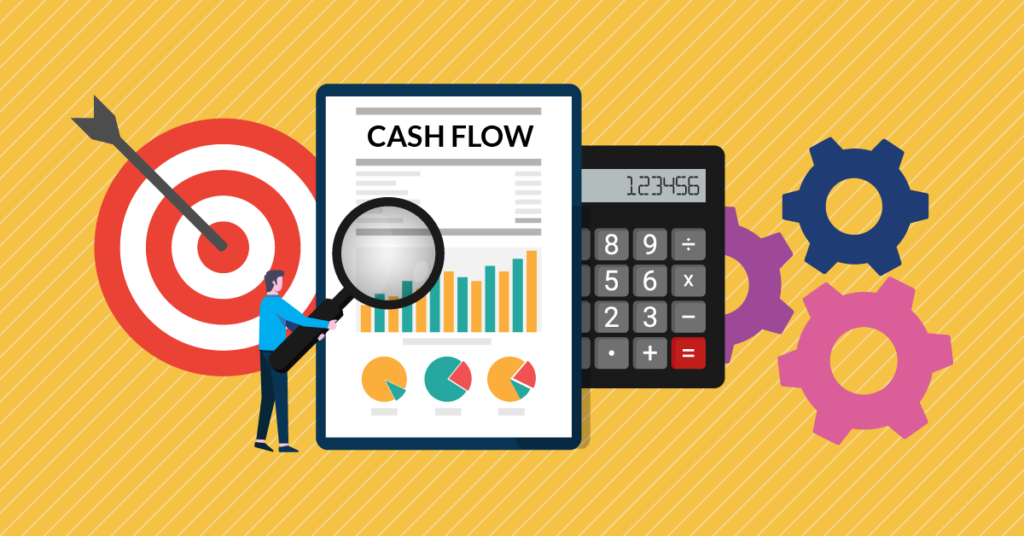Financial Management Tips For Small Businesses

A lack of financial management is one of the leading reasons for small business failure. Without a good system, expenses can overtake revenue and bank accounts can run dry.
Sound money management practices include thorough bookkeeping, accurate projections and reliable sales reporting. It also includes keeping a separate chequing account, reconciling accounts monthly and utilizing an invoicing system such as register tape or invoices.
Set a Budget
Creating and following a budget is one of the best things you can do for your business. A budget gives you a clear picture of your profitability for the month by estimating both income and expenses. This includes calculating your “day one” costs (which are the costs necessary to open your doors) as well as recurring monthly expenses like rent, insurance, internet and accounting services. It also includes one-time purchases and costs that vary in amount from month to month, such as raw materials or marketing.
You can create a budget for the entire year or reassess your finances quarterly. Either way, you should compare your estimated budget with your actual spending at least monthly and quarterly to stay on track with your financial goals. This will also help you proactively manage costs and avoid surprises. Without a budget, you run the risk of spending more than your company brings in or failing to invest enough in the business to compete.
Track Your Expenses
Keeping track of expenses is essential for small businesses. This includes a wide range of costs, from the obvious like rent and utilities to employee salaries (if you have employees) and inventory purchases. Tracking expenses properly is the first step to creating a budget.
It’s also important to save receipts, both for tax purposes and so you have a record of what actually went out each month. It’s a good idea to break down the expense categories on a spreadsheet and then roll them up into a summary worksheet that looks similar to your Profit & Loss Statement so you can compare apples-to-apples.
Another way to track your expenses is by using accounting software, which can help you keep a record of everything in one place and automate some tasks. This can help you save money and time while improving your accuracy. It’s also a good idea to review your expenses regularly and look for ways to cut out any unnecessary spending.
Pay Your Bills on Time
Whether you use an automated payment service or write checks yourself, it’s essential to pay bills on time. If you don’t, you risk damaging relationships with suppliers and losing access to future financing.
To avoid missed payments, set aside a specific day of the week or month to do your business finances. This can include adding data to your financial software, filing receipts, or invoicing customers. You may also want to set up reminders on your phone, calendar or online to help you stay on top of due dates. It’s also a good idea to separate personal and business accounts so it’s easier to keep track of expenses and taxes. TD offers small business checking and savings accounts with features like next day access to funds1 and TD point of sale credit card reader integration. These tools can make it easier to manage cash flow and prepare financial statements. Keeping a cash reserve is another great way to protect your business from unexpected costs or disruptions.
Make a Profit
When a small business makes a profit, it’s one of the most rewarding aspects of owning your own company. That’s why it’s so important to keep close tabs on expenses and make smart decisions that will contribute to profitability.
One way to do this is through cash flow budgeting. This style of budget focuses on the timing of expected cash inflows and outflows, such as debt payments or inventory purchases. This will give you a sense of when your business might face cash shortfalls so that you can start lining up funds to cover them, such as with a line of credit or personal savings.
Another thing to do is separate your personal and business accounts. This will help you oversee your funds and keep track of taxes more easily. TD offers business checking and savings accounts that can work for you, including a small business checking account that helps you manage expenses and gets you paid faster with next day access to your money1. Learn more here.